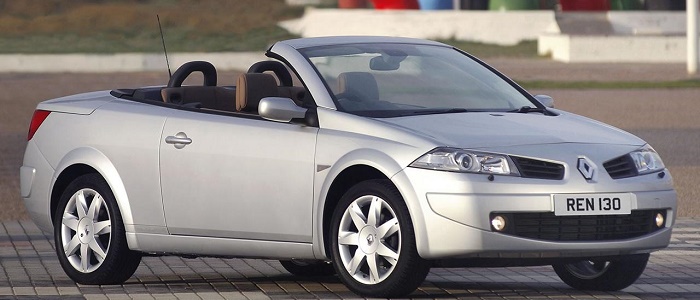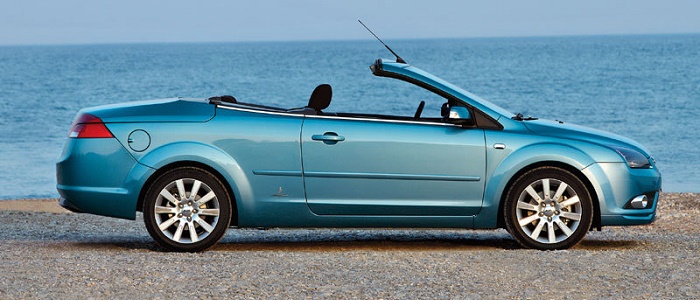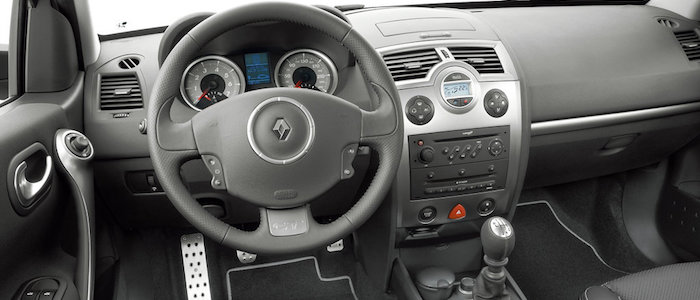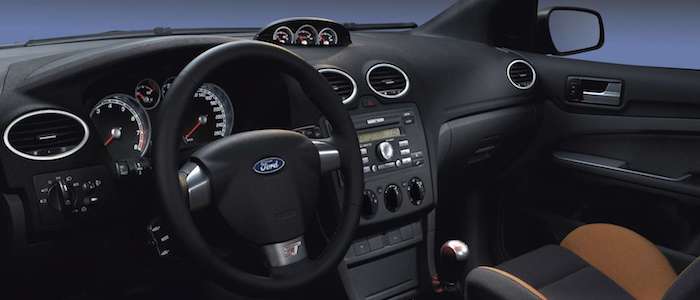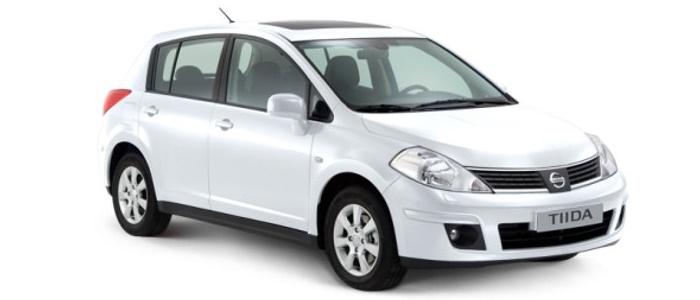Compare two cars
Compare any two cars and get our Virtual Adviser™ opinion
Dimensons & Outlines
Check vehicle history
Engine
1.5 dCi K9K 846
2.0 DW10 BTED4 / RHR
Performance (manual gearbox)
Performance (automatic gearbox)
Expenses
Virtual Adviser's™ opinion
Well, these are two pretty similar cars we have here! It's only details that could potentially make the difference. Considering they both belong to the small family car segment and utilize the same 2-door cabriolet body style and the front wheel drive system, it all comes up to the specific diesel engine choice they offer. The first one has a Renault-engineered powertrain under the hood, a 4-cylinder, 8-valves 107hp unit, while the other one gets its power and torque from a 4-cylinder, 16-valves 136hp engine designed by Peugeot.
SafetyBoth vehicles got tested by European New Car Assessment Programme (Euro NCAP), with the same number of safety stars gained in the process. Still, apart from the official crash test results there are other things we need to be aware of. Both vehicles belong to the small family car segment, which is generally classifying them somewhere in the middle safety-wise, but it doesn't do much to help us decide between the two. On the other hand, taking kerb weight as an important factor into account, the American car offers a considerable difference of 12% more metal.
ReliabilityReliability is not the best thing to consider on the make level, but it is worth mentioning that both brands display similar results in faults and breakdowns, all the models observed together. These are the official statistics, while our visitors describe reliability of Renault with an average rating of 4.2, and models under the Ford badge with 4.4 out of 5. Some independent research have also placed Megane as average reliability-wise, and Focus is more or less at the same level.Above it all, drivers of cars with the same engine as the French car rank it on average as 4.1, while the one under the competitor's bonnet gets 4.3 out of 5.
Performance & Fuel economyFord is undoubtly more agile, reaching 100km/h in 1.9 seconds less than its competitor. In addition to that it accelerates all the way to 205 kilometers per hour, 15km/h more than the other car. When it comes to fuel economy the winner has to be the French car, averaging around 5 liters of fuel per 100 kilometers (57 mpg), in combined cycle. We can't ignore that 18% difference compared to the American car.
Verdict
Ford appears just a bit more reliable, although the difference is truly marginal. The most important thing when deciding between any two vehicles should always be safety, both passive and active. In my opinion, everything taken into account, the American car offers significantly better overall protection, taking the lead here. It all continues in the same direction, with Ford outracing its opponent in any situation possible, making it better choice for boy racers. It does come at a cost though, and that's the fuel consumption... No mistake, whatever you decide here, but I'd still go for the Ford. In any case that's my personal view, built upon all the data available to me. What should decide here though is the way you feel about the two vehicles, and I hope you'll find my guidelines useful in the process. In case you have two minutes to spare I invite you to define your needs, desires and budget and see which car would be chosen by the virtual adviser™, out of 12.000+ vehicles we currently have in our database.
Related articles
Nissan Tiida, commonly known as "What the hell!?", represents a school example of a horribly bad move made by a world-known automotive company. In case the name of this model doesn't ring a bell - don't worry: unlike me, you make part of those 98% of normal people...
Back in the 80's it was virtually impossible to describe any Volvo car without using insanely high number of superlatives. The MOST safe, the MOST reliable, the MOST comfortable... Still, they were puzzled on how to reach to a young drivers' hearts, creating the MOST interesting...























